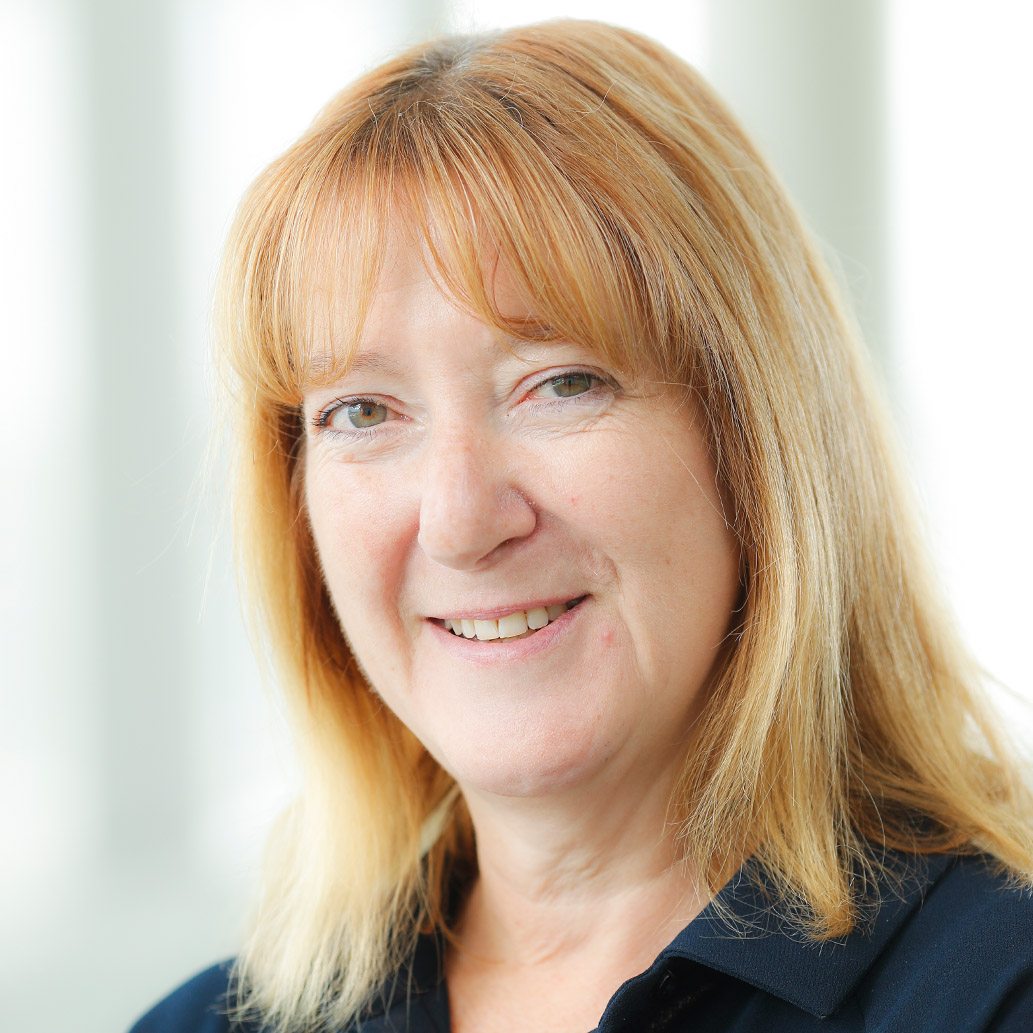Mergers and acquisition is cut and thrust, even cut throat, and all-to-often people are rendered little more than collateral damage, as leaders battle for the best deals. As Danone has grown as an organisation through merger and acquisition, it has developed a philosophy where respect for the people as well as the business, is an essential element to the outcome.







